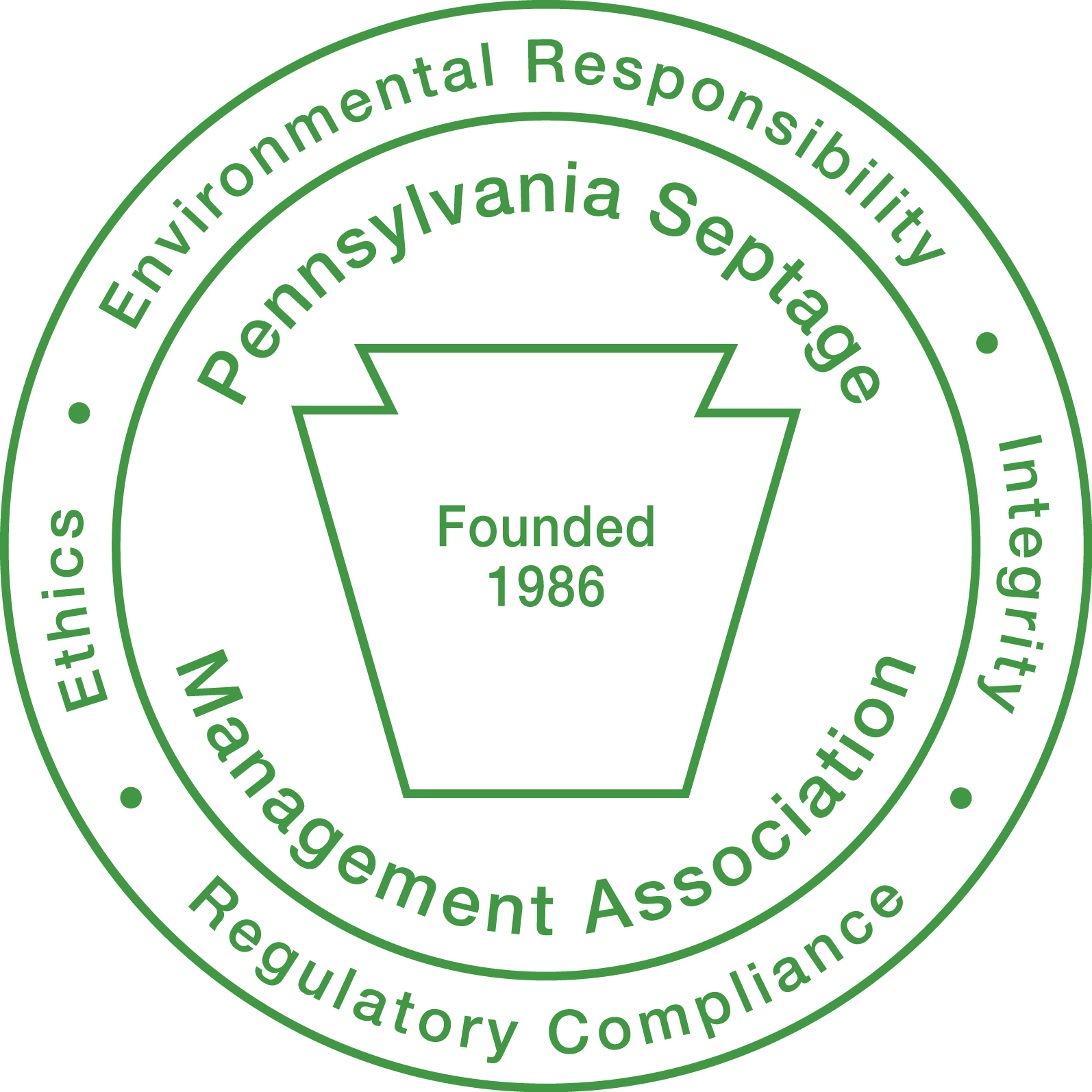Maintaining a septic system may not be at the top of your to-do list as a homeowner, but it’s an essential task that should not be overlooked. A septic system is an underground wastewater treatment system that collects and treats wastewater from your home. It’s responsible for disposing of the waste and ensuring that your property is safe and healthy for you and your family.
In this post, we’ll discuss some tips on how to maintain your septic system and keep it functioning properly.
- Know the location of your septic system: It’s important to know where your septic system is located. The location of your system will help you avoid accidentally damaging it while doing landscaping or any other outdoor activity.
- Get your septic system inspected regularly: It’s recommended to have your septic system inspected every three to five years by a professional. This inspection will help identify any problems with your system and catch them before they become bigger and more expensive issues.
- Pump your septic tank regularly: Over time, solid waste accumulates in the septic tank, which can cause blockages and backups. To prevent this, you should have your septic tank pumped regularly, typically every three to five years. This will help ensure that your system is working correctly and prevent any sewage backups.
- Avoid flushing non-biodegradable materials: Non-biodegradable materials such as sanitary napkins, tampons, condoms, diapers, and paper towels should not be flushed down the toilet as they can cause blockages in your septic system.
- Don’t pour grease down the drain: Grease and oils should not be poured down the drain as they can accumulate in your septic tank and cause blockages. Instead, dispose of them in the trash or recycle them.
- Use water efficiently: Your septic system can only handle a certain amount of wastewater, so it’s important to use water efficiently. Fix any leaks and avoid doing multiple loads of laundry or dishes at once.
- Maintain your drain field: The drain field is responsible for filtering the wastewater from the septic tank. It’s important to keep the area around the drain field clear of trees and shrubs, as their roots can damage the pipes. Avoid parking vehicles or heavy equipment on the drain field as well.
In conclusion, maintaining your septic system is crucial for the health and safety of your family and property. Regular inspections, pumping, and proper waste disposal can go a long way in keeping your system functioning correctly. By following these tips, you can help extend the lifespan of your septic system and prevent costly repairs down the road.
